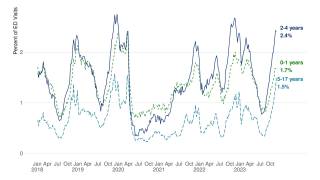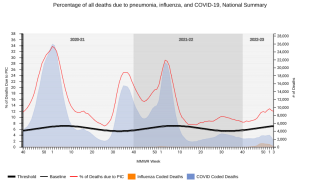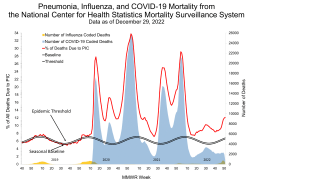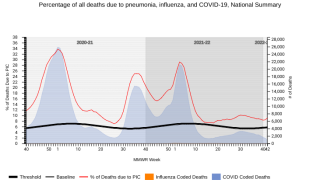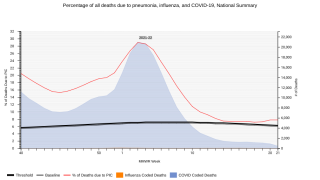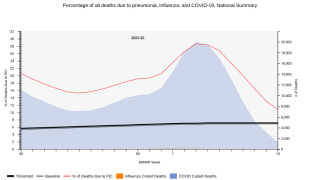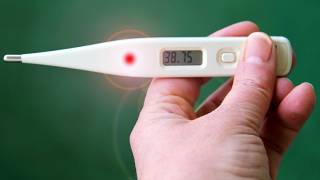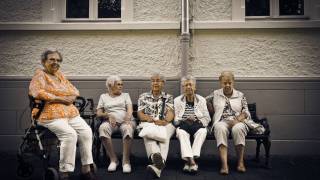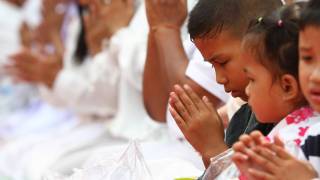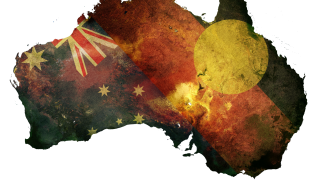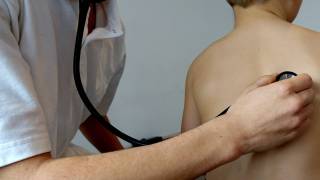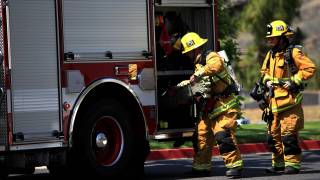World Pneumonia Day Encourages Prevention Programs for Children

To mark the ‘World Pneumonia Day’, organizations from Africa and Haiti are asking their governments to step-up to eradicate pneumonia, which is a preventable disease responsible for more child mortalities than any other disease.
World Pneumonia Day is organized by the World Health Organization (WHO) each year, and has 3 goals:
- Raise awareness about pneumonia, the world’s leading infectious killer of children under the age of 5
- Promote interventions to protect against, prevent, and treat pneumonia and highlight proven approaches and solutions in need of additional resources and attention
- Generate action, including continued donor investment, to combat pneumonia and other common, yet sometimes deadly, childhood diseases
Although vaccines and other preventative efforts are decreasing the burden of the disease, much more work is still required, says the WHO.
Those living in poor communities are at the highest risk of pneumonia.
Today, 1 million children's lives could be saved with more prevention and treatment interventions, said this press release.
Mr. Aboubakar SYLLA, the President of ONG AGIS, said at a conference that “Despite the efforts that have been made so far, much more work still needs to be done, particularly in poor communities.”
To ensure governments stick to their commitments, the civil society organizations are amplifying their voices for:
- more financial investment for Immunization by governments,
- scale-up of vaccination campaigns to reach remote locations and,
- for more community organizations to support the ‘33 Days to Power Up Immunization’campaign.
Pneumonia is an infection of the lungs that can cause mild to severe illness in people of all ages, says the US Centers for Disease Control and Prevention (CDC). Common signs of pneumonia include a cough, fever, and difficulty breathing.
Each year in the United States, about 1 million people have to seek care in a hospital due to pneumonia. Unfortunately, about 50,000 people die from the disease each year in the United States.
Most of the people affected by pneumonia in the United States are adults, says the CDC.
Depending on the cause, doctors often treat pneumonia with medicine.
You can prevent pneumonia and other respiratory infections by following good hygiene practices. These practices include washing your hands regularly and disinfecting frequently touched surfaces.
In addition, vaccines can prevent some types of pneumonia.
In the United States, vaccines can help prevent infection by some of the bacteria and viruses that can cause pneumonia:
- Haemophilus influenza type b (Hib)
- Influenza (flu)
- Measles
- Pertussis (whooping cough)
- Pneumococcal
- Varicella (chickenpox)
Additionally, the CDC recommends 2 pneumococcal vaccines for adults 65 years or older.
- Get a dose of the pneumococcal conjugate vaccine (PCV13) first. Then get a dose of the pneumococcal polysaccharide vaccine (PPSV23) at least 1 year later.
- If you’ve already received PPSV23, get PCV13 at least 1 year after receipt of the most recent PPSV23 dose.
- If you’ve already received a dose of PCV13 at a younger age, CDC does not recommend another dose.
These vaccines are safe, but side effects can occur, says the CDC.
Most side effects are mild and go away on their own within a few days.
Our Trust Standards: Medical Advisory Committee



